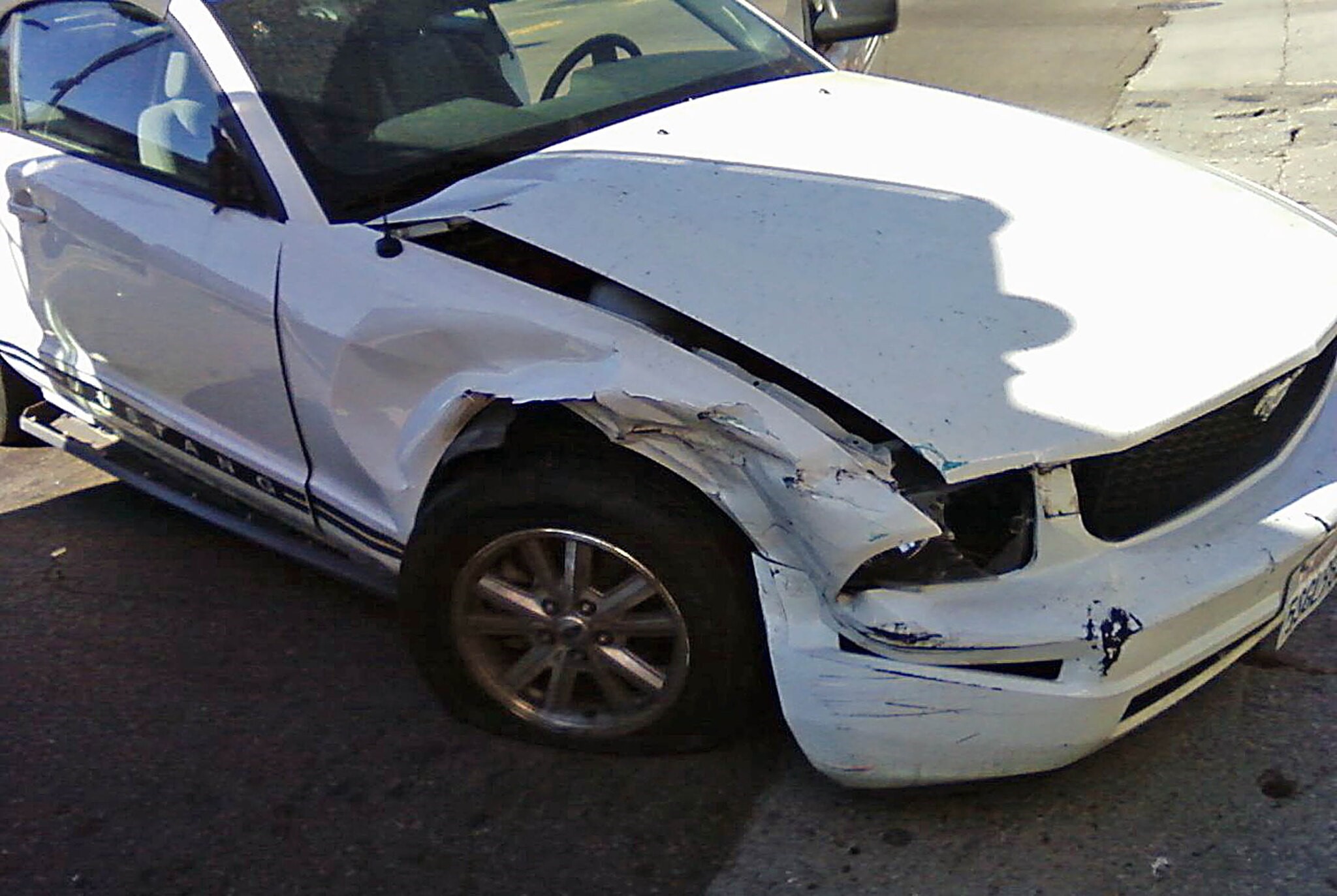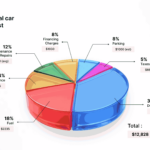If you want to insure a car that is not in your name, you might face multiple troubles. But luckily, there are some cases where it can be appropriate, for example, if you drive a car for your family member. But can you insure a car that is not in your name? Let’s talk about it!
Ways to Insure a Car That Is Not in Your Name
These are the three ways through which you can insure a car that is not in your name:
- Adding the vehicle to your existing policy
- Purchasing non-owner coverage
- Buying a separate policy

Why Do People Get Their Car Insured in Someone Else’s Name?
It’s pretty common for high-risk drivers to ask their relatives with a better driving record to insure their car for them. It is practised to get a lower premium for the high-risk driver. Since the premium is charged on the basis of assessing the record of a low-risk driver, the insurance doesn’t adequately assess the risk posed by the high-risk driver. While this could result in saving your pocket immediately, the long-term risk still persists. In the worst case, it leads to a higher premium rate for everyone insured at that particular insurance company.
Living at the Same Address
Just let the insurance company know that you live at the same address as the car owner, and you can get the deal. However, getting the same address might be a problem for you.
Co-titling
Gain partial ownership by co-titling the car, meaning adding your name as a partial owner to your car’s title. Most likely, you and the car owner have to apply for a new title together. You have to pay some fees and go to the DMV to sign the title in person. Insurance premiums will always increase when someone else is added to the policy. In fact, some insurers don’t even allow joint insurance unless the people listed on the policy live together.
Difficulties You Can Face
- Some insurers refuse to insure a car that is not registered in the policyholder’s name.
- When you insure someone else’s car, it increases the risk to the policyholder and the insurance company.
Insurable Interest
When crafting policies, insurance companies look to charge the insurable interest. Insurable interest is distinct and justifiable when the owner and policyholder are one and the same. If you don’t own the vehicle, insurance companies are typically a bit wary since that tactic is so often used for fraud. While applying for car insurance, you have to provide some insurable interest. You have to have a vehicle’s “pink slip,” which represents a form of car registration or car title. Without that “pink slip,” it is tougher to demonstrate insurable interest.
What Alternatives Do You Have if You’re Not Able to Insure a Car?
- Have a car transferred to your name. Depending on your relationships with the car owner, you might be able to make them transfer the vehicle title to your name. So you become a legal owner of the car and can easily insure it.
- Use other means of transportation. Do you live in an urban area? If yes, there are usually plenty of public transportation options. If not, a taxi or Uber/Lyft is another good option.
Non-owner Insurance
These policies are for those who drive someone else’s car without having their own insurance. However, the coverage under non-owner insurance is very limited. Features like collision and comprehensive coverage, or whatever else is designed to protect the vehicle, aren’t included.
Information Needed to Apply for Non-owner Car Insurance
- Your insurance company’s agreement. The document shows that your insurance company has agreed to add a vehicle to your existing policy. Not every company will do that, so you might have to search for a new insurance company.
- Vehicle Identification Number (VIN). This information will ensure that you have access to the vehicle and know its owner.
- List of drivers. When you add the vehicle to your policy, it only covers you, not the person who owns the vehicle. You can add that additional person to your policy, but if his or her driving record is not good, your rates will be pretty high.
Renée Martin is a travel and car expert who focuses on road and air travel in the U.S. For the past 6 years, she’s been helping make driving and trip planning easier and budget-friendly for everyday travelers.













